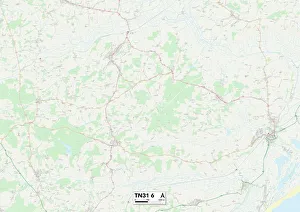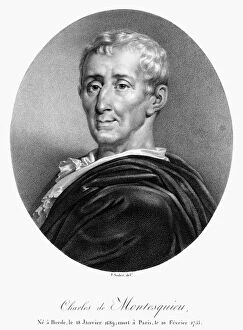Brede Collection
Brede, a small village located in Rother TN31 6 Map
All Professionally Made to Order for Quick Shipping
Brede, a small village located in Rother TN31 6 Map, holds significant historical importance as the birthplace of one of France's most influential figures - Charles-Louis de Secondat, Baron de La Brede et de Montesquieu. Born in 1689 and passing away in 1755, Montesquieu was not only a French judge but also a man of letters and political philosopher. Montesquieu's ideas have left an indelible mark on the world. His renowned work "De l'Esprit des Lois" (The Spirit of Laws), published in 1748, explored the principles behind governance and separation of powers. This masterpiece revolutionized political thought by advocating for checks and balances within governments. Despite his noble title being associated with La Brede, it is important to note that he is commonly referred to as Montesquieu due to his fame. His intellectual prowess extended beyond borders; even Swiss theologian Jacob Vernet recognized his brilliance when corresponding with him through letters. In one such letter from 1741 addressed to Jean Bardot, Montesquieu showcases his erudition and deep understanding of various subjects. These correspondences shed light on the breadth of knowledge possessed by this remarkable thinker. As we delve into Montesquieu's life and works, we discover a man who challenged conventional wisdom and advocated for liberty and justice. His ideas continue to shape modern democracies worldwide. So let us remember Charles-Louis de Secondat, Baron de La Brede et de Montesquieu - an extraordinary French figure whose legacy lives on through his writings that forever changed our perception of politics and governance.















